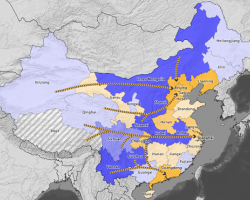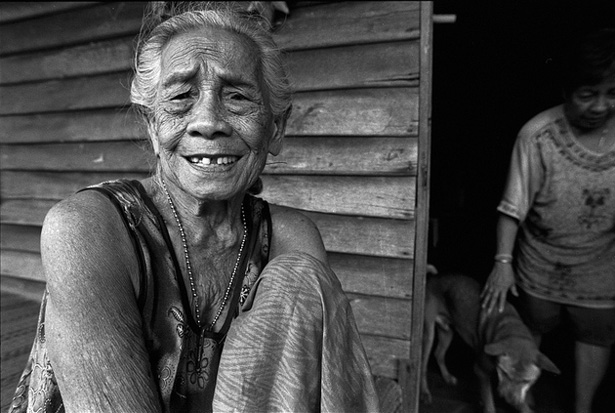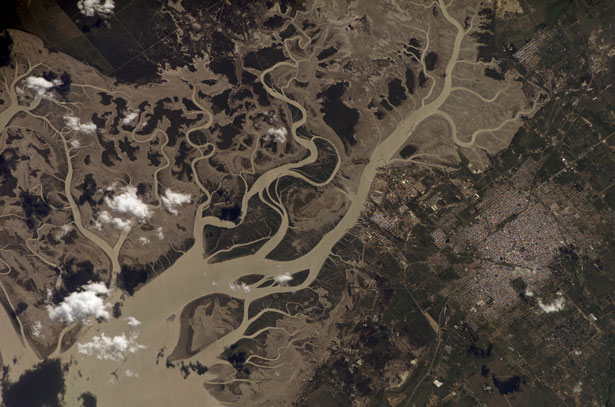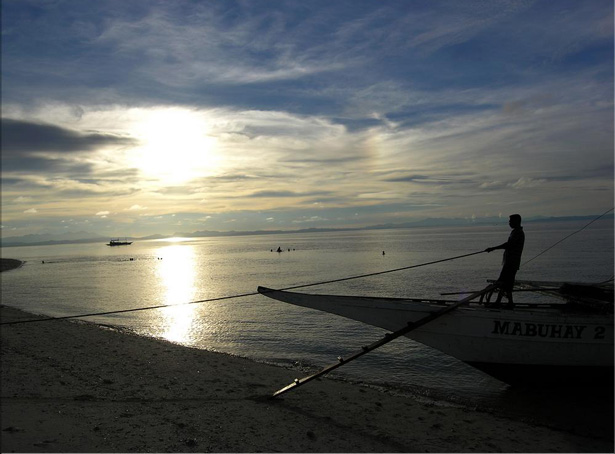-
Child Mortality in the Developing World: Hans Rosling Crosses the “River of Myths” Once More
›“The world my father told me about 50 years ago was a divided world,” says Hans Rosling, famed Swedish statistician and development expert, in a new video. Standing in the middle of one of his trademark graphs of development indicators, his body neatly splitting the data, he gestures: “In many people’s minds, the world still looks like this: developing and developed.”
“But it’s a myth,” he continues, “because the world has improved immensely in the last 50 years.”
-
Mapping China’s Massive West-East Electricity Transfer Project [Infographic]
›The Wilson Center’s China Environment Forum is proud to announce that we are launching our first interactive infographic: a map of China’s West-East Electricity Transfer Project. The map underscores China’s energy and water imbalances and the looming choke point China faces in terms of water, food, and energy security. The map also illustrates how consumer goods made in China’s factories along its eastern coast are powered by coal and hydropower in the country’s western provinces.
-
Aging in the 21st Century: A Celebration and a Challenge
›
“We are in the midst of a silent revolution,” said Ann Pawliczko, a senior technical advisor in the population and development branch at the United Nations Population Fund (UNFPA), quoting former UN Secretary-General Kofi Annan. “It is a revolution that extends well beyond demographics, with major economic, social, cultural, psychological, and spiritual implications.”
-
Fourth Annual Call for Papers on Reducing Urban Poverty
›
To encourage a new generation of urban policymakers and promote early career research, the Wilson Center’s Comparative Urban Studies Project, USAID, the International Housing Coalition, the World Bank, and Cities Alliance are co-sponsoring a fourth annual paper competition for graduate- and PhD-level students focused on the challenges facing urban centers in the developing world.
-
Avoiding the Resource Curse in East Africa’s Oil and Natural Gas Boom
›
This year, Texas-based Anadarko and Italian partner ENI are due to make the final investment decision on whether to construct one of the largest liquefied natural gas facilities in the world in Mozambique. The complex would allow them to tap into deep off-shore gas fields that could rival Australia and Qatar as the largest liquefied natural gas reserves in the world.
-
Sam Eaton on Food Security, Family Size, and Family Planning in the Philippines
›February 13, 2013 // By Graham Norwood“We chose the Philippines because we really wanted to do a story that looked at population growth,” reporter Sam Eaton says of his two-part contribution to the Food for Nine Billion project, which aired last year on PBS’ NewsHour and American Public Media’s Marketplace. Eaton recently visited the Wilson Center to discuss his experiences in the Philippines, describing the heavy toll overcrowding and poor resource management is taking on the country’s ecosystems and highlighting how access to family planning may hold the key to a better future.
-
A Year for Cooperation, Not Conflict, Over Water
›February 12, 2013 // By Kate Diamond
You might think that conflict over water is inevitable as rising temperatures and changing climates are expected to constrain supplies in the coming decades at the same time that expanding consumption standards and growing populations are expected to boost demand. But you’d be wrong, according to the United Nations – and they’re launching the International Year for Water Cooperation this week to make that point.
-
Fishing for Families: Reporting on Population and Food Security in the Philippines
›
“My income is just right to feed us three times a day,” Jason Bostero told Sam Eaton in the rural Philippine village of Humayhumay. “It’s really, really different when you have a small family.” Eaton traveled to the Philippines to report on the connections between food security and population for Homelands Productions, creating a short film and radio piece that ran on NewsHour and Marketplace as part the Food for Nine Billion series last year. [Video Below]
Showing posts from category development.










